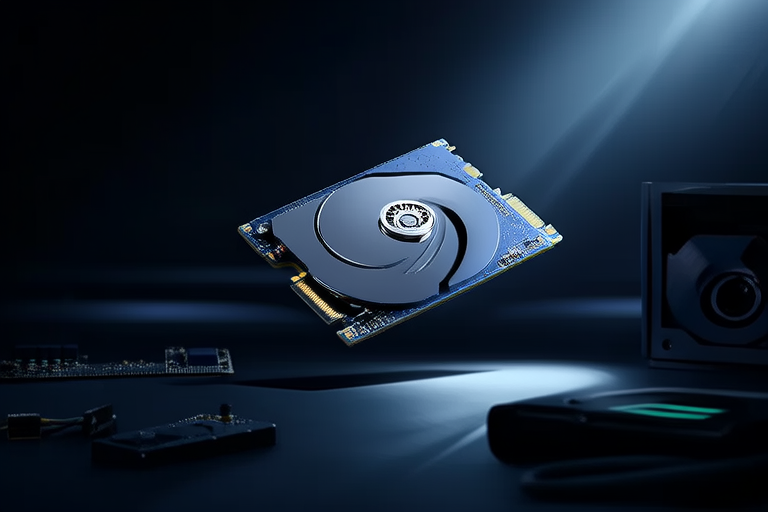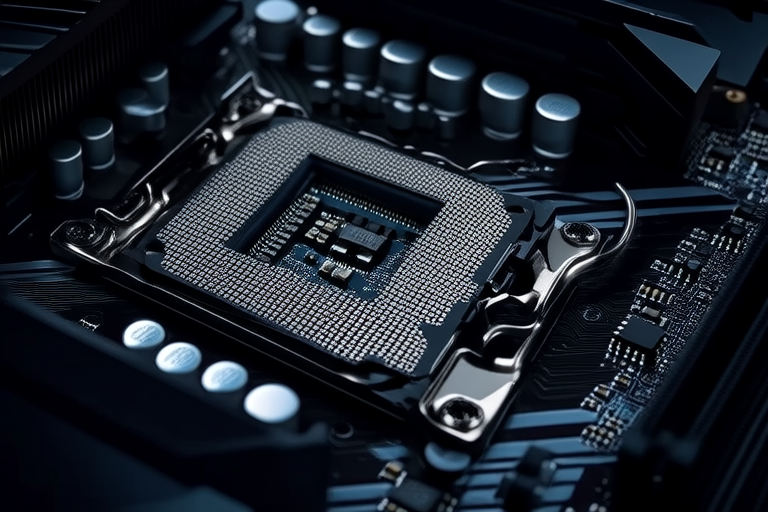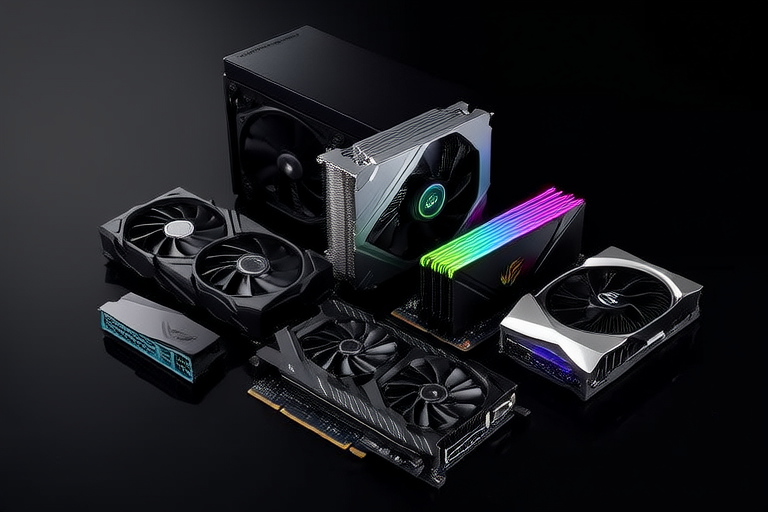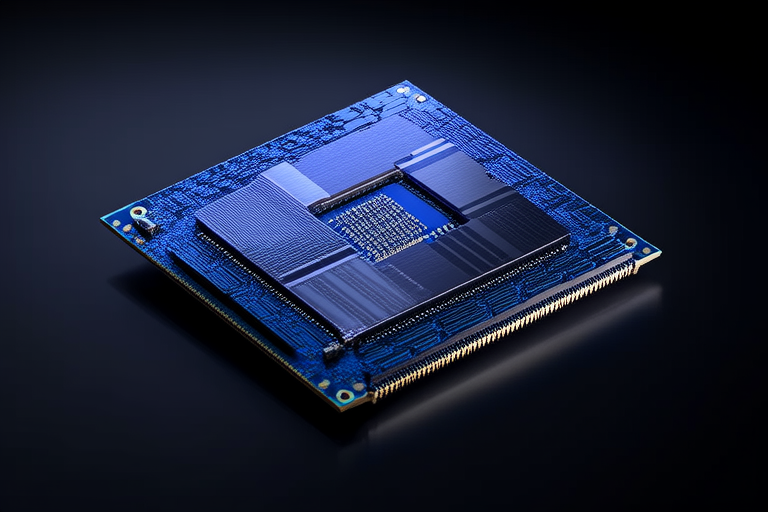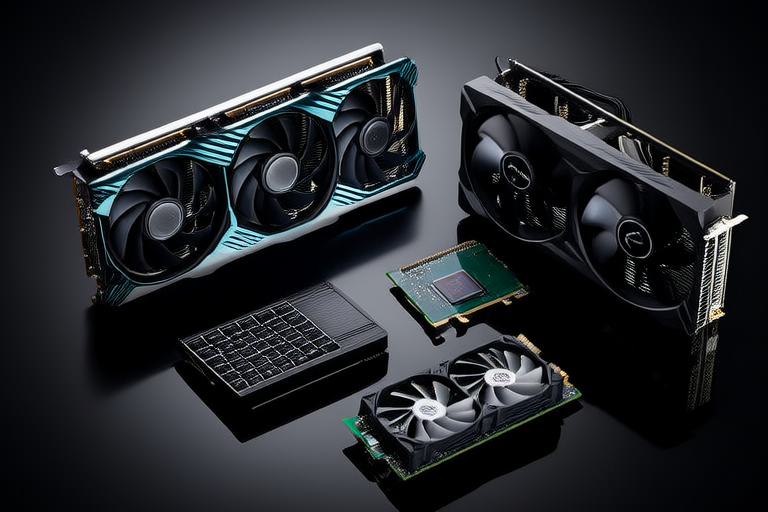“`html
The Impact of New SSD Innovations on PC Speed and Reliability
Introduction
Solid-State Drives (SSDs) have become a cornerstone of modern computing, offering faster data access and superior reliability compared to traditional Hard Disk Drives (HDDs). With ongoing advancements in SSD technology, these drives continue to evolve, promising even greater performance and durability. This article explores how recent innovations in SSD technology are impacting PC speed and reliability, highlighting the transformative effects on user experience.
From faster boot times to enhanced application loading and file transfers, the improvements brought by new SSD technologies are significant. This piece aims to provide a comprehensive overview of these advancements, their practical implications, and what the future holds for SSDs in the realm of personal computing.
Understanding SSD Technology
SSDs operate on the principle of storing data on interconnected flash memory chips, which provide faster read/write speeds than the spinning platters used in HDDs. The key components of an SSD include NAND flash memory, controllers, and interfaces like SATA, NVMe, and PCIe. Over the years, SSDs have evolved significantly, becoming more efficient and reliable.
NAND flash memory stores data in floating-gate transistors, while the controller manages data flow and ensures optimal performance. Interfaces like NVMe and PCIe Gen4 enable high-speed data transfer, making SSDs indispensable for modern computing needs.
Recent Innovations in SSD Technology
Recent advancements in SSD technology have introduced several game-changing features. For instance, NVMe (Non-Volatile Memory Express) and PCIe Gen4 interfaces offer unparalleled data transfer rates and reduced latency. Advanced error correction algorithms, such as LDPC (Low-Density Parity-Check), enhance data integrity and reliability.
Manufacturers like Samsung, Western Digital, and Kingston have been at the forefront of these innovations, releasing cutting-edge SSD models that push the boundaries of performance and efficiency. These advancements ensure that SSDs can handle demanding tasks with ease, whether it’s gaming, video editing, or large-scale data processing.
Impact on PC Speed
New SSD innovations have dramatically improved PC speed across various metrics. Boot times, application loading, and file transfer speeds have all seen significant enhancements. For example, a PC equipped with an NVMe SSD can boot in seconds, compared to minutes for a system with an HDD.
Consider a hypothetical scenario where a professional video editor needs to load multiple large projects simultaneously. An SSD with NVMe support would drastically reduce load times, allowing the editor to work more efficiently. In contrast, an HDD would struggle to keep up, resulting in frustrating delays.
Moreover, the gap between SSDs and HDDs continues to widen, with SSDs consistently outperforming their older counterparts. The tangible benefits of faster SSDs in real-world applications are undeniable, making them a must-have component for any serious computer user.
Impact on PC Reliability
Improved error correction and wear-leveling algorithms play a crucial role in enhancing SSD reliability. Error correction algorithms like LDPC ensure data integrity by detecting and correcting errors during read/write operations. Wear-leveling algorithms distribute write cycles evenly across the drive, extending its lifespan.
Better durability ensures consistent performance over time, reducing the likelihood of data loss or corruption. Common concerns about SSD longevity, such as the limited number of write cycles, are mitigated by modern advancements. Today’s SSDs are designed to last for many years under normal usage conditions, providing users with peace of mind.
Future Prospects
The future of SSD technology looks promising, with higher capacities, lower power consumption, and enhanced security features on the horizon. As demand for faster and more efficient storage solutions grows, we can expect continued innovation in SSD design and functionality.
Higher capacities will allow users to store more data without sacrificing performance. Lower power consumption will make SSDs more energy-efficient, appealing to both consumers and businesses looking to reduce operational costs. Enhanced security features, such as encryption and secure erase functions, will further protect sensitive information.
These future developments will likely have a profound impact on the tech industry and end-users alike. As SSDs become more integrated into everyday computing, they will shape the future of personal computing, offering unparalleled speed and reliability.
Conclusion
In conclusion, the impact of new SSD innovations on PC speed and reliability cannot be overstated. From faster boot times and application loading to enhanced data integrity and longer lifespans, SSDs have transformed the way we interact with our computers. As technology continues to advance, we can expect even greater improvements in performance and efficiency.
For those considering an upgrade, investing in an SSD is a wise decision that will pay dividends in terms of productivity and user satisfaction. The future of SSD technology promises even more exciting developments, ensuring that personal computing remains fast, reliable, and efficient for years to come.
“`
